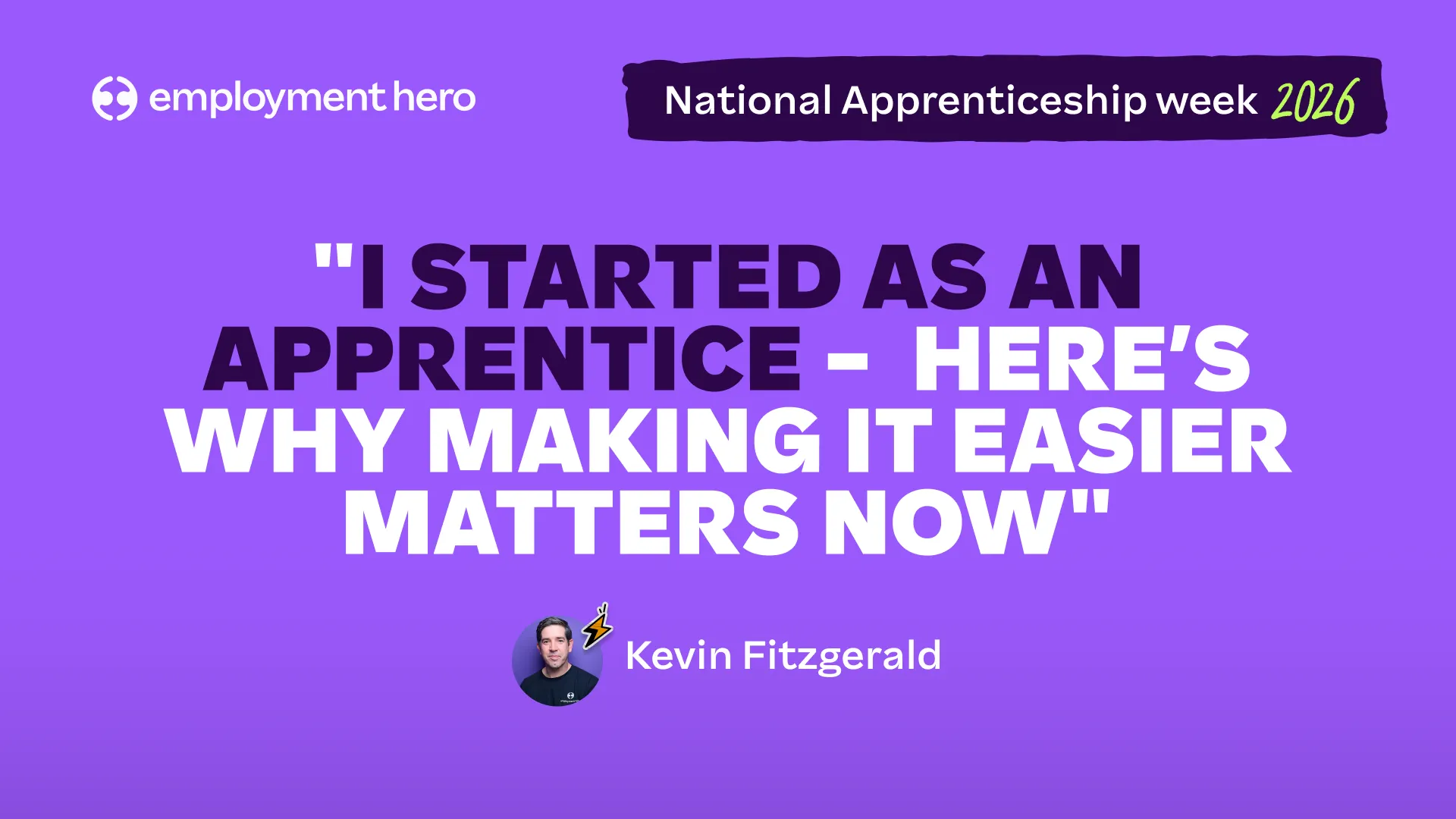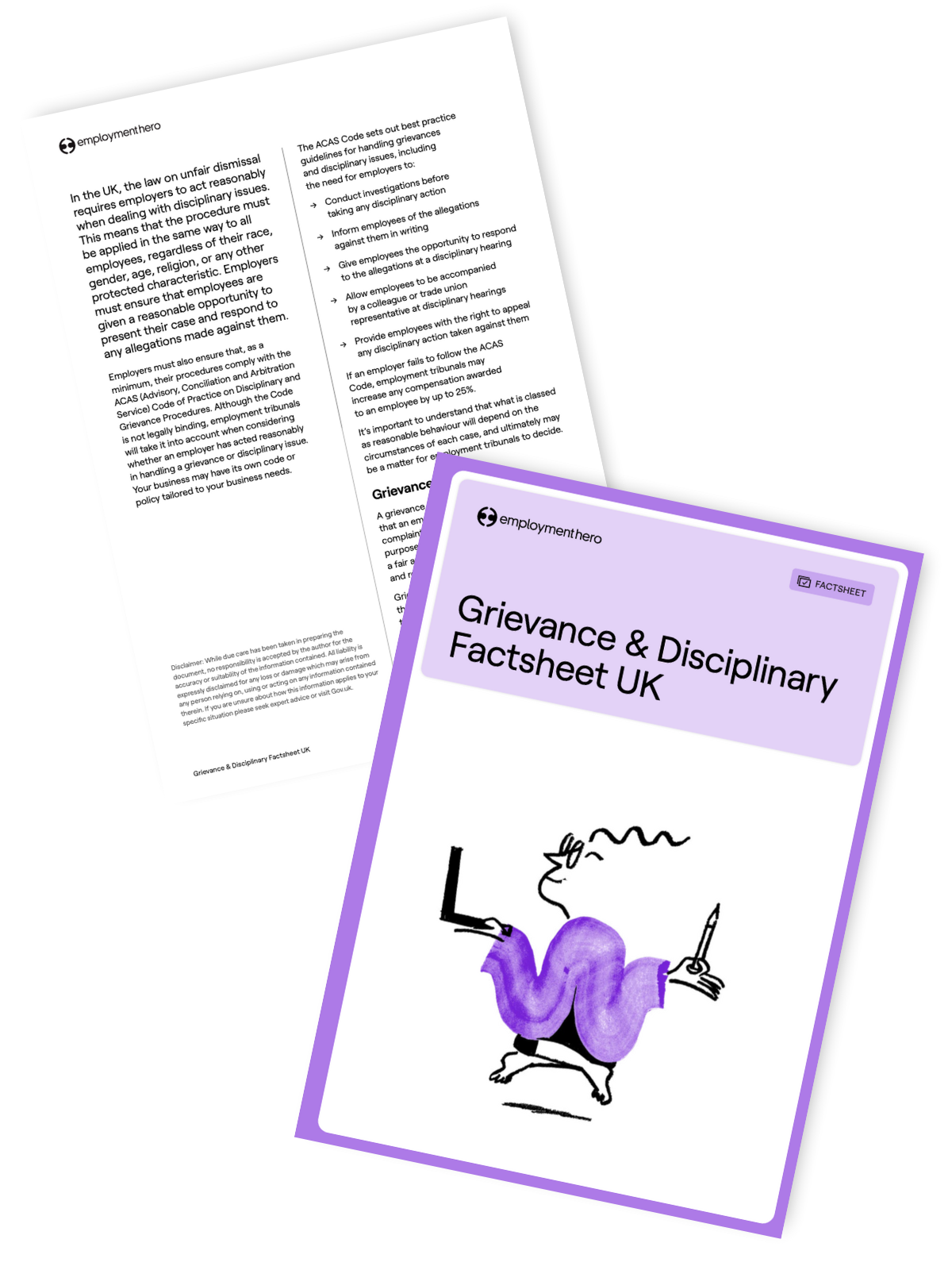How Much Does An Employment Tribunal Cost?
Find out about the costs of an employment tribunal for employers and employees and how to go about reducing or avoiding the expense of a legal hearing

How much does an employment tribunal cost, and when might you, as a business owner, need to worry about it? Employment claims are a scenario no business owner wants to face, but sometimes it’s the only way to resolve a workplace dispute. So, if you’re a small business owner or HR professional looking to familiarise yourself with what’s involved in an employment tribunal, we’re going to cover everything you need to know..
What is an employment tribunal?
The Employment Tribunal is a judicial body that is part of the wider UK judicial system, that settles disputes between employers and employees when one believes they have been treated unlawfully, such as unfair dismissal, discrimination or breaches of contract, for example.
Employment tribunals work a little differently to many other legal processes. But don’t sweat it, let’s go through it together.
How much does an employment tribunal cost an employer?
The cost of an employment tribunal for an employer can vary depending on the circumstances. In general, this can include:
- Retaining legal representation.
- Engaging expert witnesses.
- Devoting time and effort to building a defence.
The expense of an employment claim will increase with the size and complexity of the case, as well as its potential damage to the business. A high-profile case might involve a larger potential compensation payout and more financial damage to the business. For smaller businesses, this can be hard to stomach.
While legal fees can be clearly calculated, costs to business reputation and more can be harder to quantify. Each case will be different, but there are predictable costs you should consider when faced with an employment tribunal hearing. Let’s take a look.
Types of tribunal costs for employers
Legal representation
Finding legal representation is probably the most obvious cost associated with employment tribunals. Having a solicitor or barrister—or both—is vital to navigating a case, allowing you to focus on your business while the procedure is ongoing.
This covers things like:
- Preparing the legal defence,
- Gathering witness statements
- Attending the hearing
Sometimes, legal charges can be recovered by an employer defending a case. These instances could include:
- If the claimant is shown to have acted unreasonably or maliciously in bringing the case forward, or;
- If they knew they had no chance of winning, they may be instructed to pay the defendant’s costs as well as their own.
Expert witnesses
For some cases, there may be a need to secure testimony from outside expertise, which is yet another added expense. This is usually a professional or agency with specialised knowledge and skills in workplace investigations.
For example, a case may require a medical expert to provide a report to certify someone’s state of health, or a psychiatric report to determine a person’s mental state. It could also involve an expert inspecting a workplace environment or interviewing employees to build evidence.
Compensation
Losing an employment tribunal will likely come with an order to pay damages, meaning compensation is paid to the claimant. This can be stressful for small business owners and HR professionals. It’s important to remember that the amount awarded will depend on the case. Compensation can cover things like loss of earnings or emotional distress, with the amount varying depending on the reason for the claim.
An average of £14,000 and a maximum of £179,000 was awarded to over 650 cases in the UK in 2023-2024. For cases involving age discrimination, the average award was £100,000, while the highest compensation awarded was for sex discrimination at £995,000.
Certain types of workplace disputes come with specific caps on compensation payouts, often related to an employee’s length of service and salary. These figures would come into play in most unfair dismissal claims, but when a claim involves discrimination or whistleblowing, there’s no cap on the amount that can be awarded.
Settlement agreements
Attempting to resolve a claim before it reaches a tribunal is the most cost-effective option. And this can be done through a settlement agreement between the employer and employee. This can be a way to avoid the time-consuming and expensive tribunal process.
Offering a settlement will often result in a lower cost compared to fighting a tribunal case. Legal costs can easily stack up, as well as knock-on impacts to your business as you devote time and energy to building a defence.
If a reasonable settlement offer is refused, a counter offer can be provided, however this could potentially support your businesses case, as it may show them to be acting maliciously in the eyes of the tribunal.
Time and energy
Preparing for and fighting a defence can be time-consuming. Business owners and HR professionals still need to balance legal proceedings with ongoing business priorities. This can be a drain on your time, resources, energy and budget—and nobody wants that. We’re sure you’d much rather spend time focusing on your business.
Reputation
Employment tribunal cases, no matter their size, may have an impact on a business’s reputation.
This could potentially result in a loss of clients or business relationships, making it much harder to attract top talent. Which is why it’s so important for small businesses to take every step possible to avoid reaching the tribunal stage with a workplace dispute.
Can you avoid tribunal costs?
There’s really no way to completely avoid employment tribunal costs, even if you’re confident in your defence. Defending your case will still incur legal bills and other costs to your business.
However, you can reduce the costs of a tribunal by avoiding a claim by agreeing to a settlement, which will often be cheaper than going through the entire process. Spending money on reliable and robust legal advice at the start can be the best way to avoid larger fees later on.
Resolving the issue
Ideally, resolving a serious issue should be attempted through discussion before any legal proceedings. While this isn’t always possible, setting up mediation to discuss the issue can hopefully lead to an agreement to avoid the cost and stress of a hearing.
Likewise, there should always be open channels for grievances and concerns for employees within a business, and a willingness to listen and act on them.
Clear employee policies
Another important aspect is to ensure you have clear and up-to-date employee policies. This sets clear expectations for how employees should represent the company and handle any concerns so everyone knows where they stand.
Expert advice from Employment Hero
If you need some advice on employee policies or workplace grievances, our HR Advisory Service is here to help. We’ve got ready-to-go documents on grievance procedures, company policy recommendations, and other workplace tips to help you build a healthy workplace culture.
This also includes representation in employee disputes, providing expert consultation to protect your business from claims of unfair dismissal, discrimination, redundancy and more.
Whatever questions you have, we’re here to provide unlimited workplace advice for you and your business.
Related Resources
-
 Read more: 7 Ways Employment Hero Can Help You Retain Top Talent
Read more: 7 Ways Employment Hero Can Help You Retain Top Talent7 Ways Employment Hero Can Help You Retain Top Talent
Contents Retaining top talent in 2026 is about more than providing a positive workplace culture; employees are looking for jobs…
-
 Read more: Bradford Factor Alternatives: Practical Ways to Manage Absence in 2026
Read more: Bradford Factor Alternatives: Practical Ways to Manage Absence in 2026Bradford Factor Alternatives: Practical Ways to Manage Absence in 2026
Discover smarter absence management strategies for 2026. Explore Bradford Factor alternatives that focus on employee wellbeing and building a resilient…
-
 Read more: Government red tape risks blocking youth jobs as SMEs look to access apprenticeship scheme
Read more: Government red tape risks blocking youth jobs as SMEs look to access apprenticeship schemeGovernment red tape risks blocking youth jobs as SMEs look to access apprenticeship scheme
February 9, 2026: New Employment Hero research finds 73% of SME leaders intend to leverage new Government apprenticeship schemes following…





















